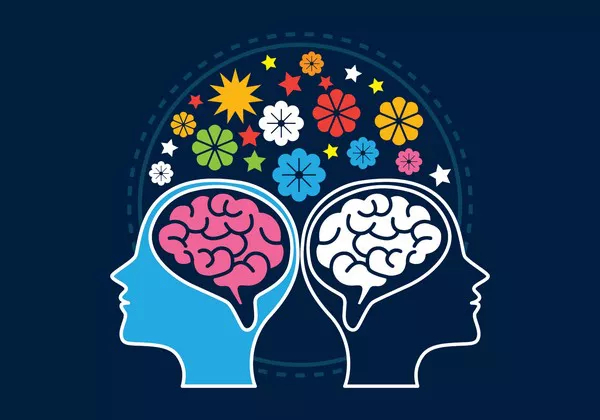In today’s fast-paced world, where work-life balance can often feel like an elusive dream, the concept of taking a mental health day has gained significant traction. But what exactly does it mean to take a mental health day, and why is it important? In this article, we’ll delve into the significance of mental health days, signs that indicate you might need one, the benefits they offer, and how to effectively take them.
1. Defining Mental Health Day:
A mental health day is a day off taken specifically to prioritize one’s mental well-being and alleviate stress or burnout. It’s important to distinguish mental health days from sick leave, as they are not necessarily about being physically ill but rather about proactively taking care of one’s mental health. This distinction is crucial in recognizing the importance of mental health and destigmatizing the idea of taking time off for mental well-being.
2. Signs You Might Need a Mental Health Day:
Recognizing when you might need a mental health day is essential for maintaining overall well-being. There are several signs to watch out for:
Physical symptoms: Stress can manifest itself physically in various ways, including fatigue, headaches, muscle tension, or changes in sleep patterns and appetite.
Emotional symptoms: Feeling overwhelmed, irritable, anxious, or experiencing difficulty concentrating are common emotional indicators that suggest you may need to take a step back and prioritize your mental health.
Behavioral symptoms: Changes in behavior, such as withdrawing from social interactions, neglecting responsibilities, or increased substance use, can also signal the need for a mental health day.
3. Benefits of Taking a Mental Health Day:
Taking a mental health day can offer numerous benefits:
Reduced stress and anxiety: Stepping away from work and other stressors can lower stress levels and promote relaxation, allowing the body and mind to recuperate.
Improved mood and emotional well-being: Taking time off can help regulate emotions and improve overall mood, providing a much-needed mental reset.
Increased productivity and focus: By giving yourself time to recharge, you can return to work with renewed focus and energy, leading to improved productivity and performance.
Prevention of burnout: Mental health days play a crucial role in preventing burnout, a state of emotional, physical, and mental exhaustion caused by prolonged stress. By proactively addressing stress and taking time to rest and rejuvenate, individuals can avoid reaching a state of burnout and maintain long-term mental well-being.
4. How to Take a Mental Health Day:
Taking a mental health day requires careful planning and communication:
Planning and communication: It’s essential to plan your mental health day in advance and communicate effectively with your employer or colleagues. Be honest about your need for time off and ensure that your responsibilities are covered during your absence.
Activities and self-care: Use your mental health day to engage in activities that promote relaxation and self-care. Whether it’s spending time in nature, pursuing hobbies, practicing mindfulness, or simply resting, prioritize activities that nourish your mind, body, and soul.
Setting boundaries: To truly benefit from your mental health day, it’s important to set boundaries and avoid engaging in work-related activities. Turn off your email notifications, refrain from checking work messages, and focus on fully disconnecting from work during your time off.
Conclusion
In conclusion, taking a mental health day is not only beneficial but also essential for maintaining overall well-being in today’s fast-paced world. By recognizing the signs that indicate the need for a mental health day, understanding the benefits they offer, and effectively planning and taking time off, individuals can prioritize their mental health and achieve greater balance and resilience in their lives. Remember, self-care is not selfish—it’s necessary for sustainable mental well-being.
FAQs
What happens on mental health day?
Mental Health Day, observed annually on October 10th, aims to raise awareness about mental health issues and promote mental well-being. Various activities such as workshops, seminars, and discussions are organized to educate people about mental health and reduce stigma surrounding mental illness.
How do you take a mental health day?
Taking a mental health day involves prioritizing your well-being by taking time off from work or other responsibilities to focus on self-care and relaxation. It can include activities like practicing mindfulness, engaging in hobbies, spending time outdoors, or seeking professional support if needed.
Is mental health a valid reason for a sick day?
Yes, mental health is a valid reason for taking a sick day. Just like physical health, mental health is essential for overall well-being, and experiencing mental health issues can significantly impact one’s ability to function effectively. Taking a sick day to address mental health concerns is crucial for self-care and recovery.
Related topics:


